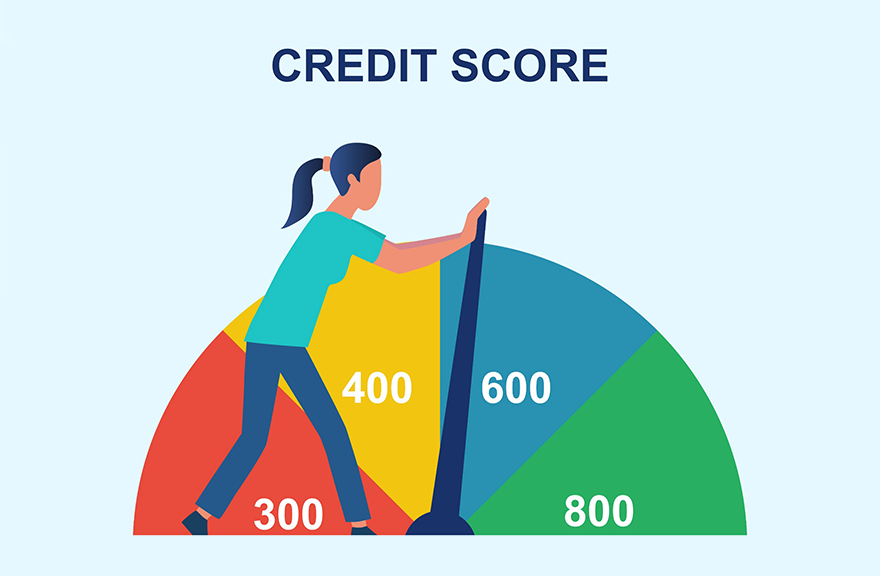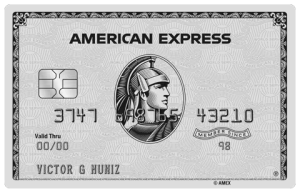What Does a 300 Credit Score Mean?
Credit scores are like grades for how well you handle money. They show how likely you are to pay back what you owe.
The scores range from 300 to 850, with 850 being the best. We’ll talk about the lowest score, which is 300, and what it means.
What exactly does a 300 Credit Score Mean?
A 300 credit score is the worst possible score you can have. It shows that you are very risky for lenders.
It usually happens when you’ve had big problems with money or have never borrowed before. There are some reasons why someone might have a 300 credit score, like:
- Not Paying Bills on Time
- Using Too Much Credit
- Short Credit History
- Applying for Too Much Credit
- Having Only One Type of Credit
What are the consequences of a 300 Credit Score?
With a 300 credit score, it becomes extremely challenging to get approved for new credit cards, loans, or mortgages.
Most traditional lenders are hesitant to lend money to individuals with such a low credit score because they are seen as very risky borrowers. Still, lower credits come with several other harms and they might include:
- Difficulty Renting a Home
- Ineligibility for Promotional Offers
- Inability to Refinance Loans
- Emotional and Mental Stress
It is also import to know that some customers might get into trouble with employers, since they might check your credit before hire. If it’s bad, they might say no to you.
How to Improve a 300 Credit Score?

A 300 credit score means you have had a tough time with money, but it’s not the end of the world. You can rebuild your credit by paying bills on time, using credit wisely, and seeking help when needed.
Improving a 300 credit score requires time, patience, and responsible financial behavior. While it may not happen overnight, taking consistent steps can gradually raise your credit score. Here’s a guide on how to improve a 300 credit score:
- Check Your Credit Report
- Pay Bills on Time
- Reduce Credit Card Balances
- Don’t Apply for Too Much Credit
- Settle Debts or Negotiate Payment Plans
- Maintain Older Accounts
- Be Patient and Persistent
Is is also import to note that the most crucial factor in improving your credit score is paying bills on time.
Late payments can severely hurt your score. Set up reminders or automatic payments to ensure you never miss a due date. Consistent on-time payments will gradually build positive payment history.
As another alternative to help improve your score, individuals can consider applying for a secured credit card.
With a secured card, you need to provide a security deposit, which acts as collateral. Responsible use and timely payments with a secured card can demonstrate good credit behavior and help you build credit.
But above all, you should keep in mind that improving your credit score is a gradual process, and there are no quick fixes.
Focus on building positive credit habits, and your credit score will improve over time. As your credit score rises, you’ll gain better access to financial opportunities and more favorable terms for loans and credit cards.




